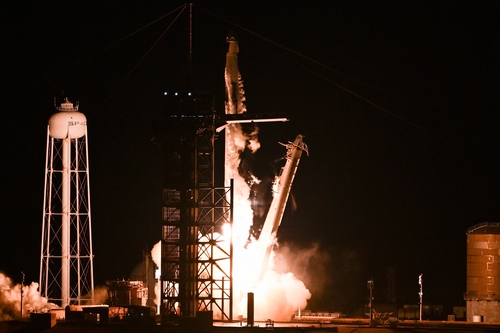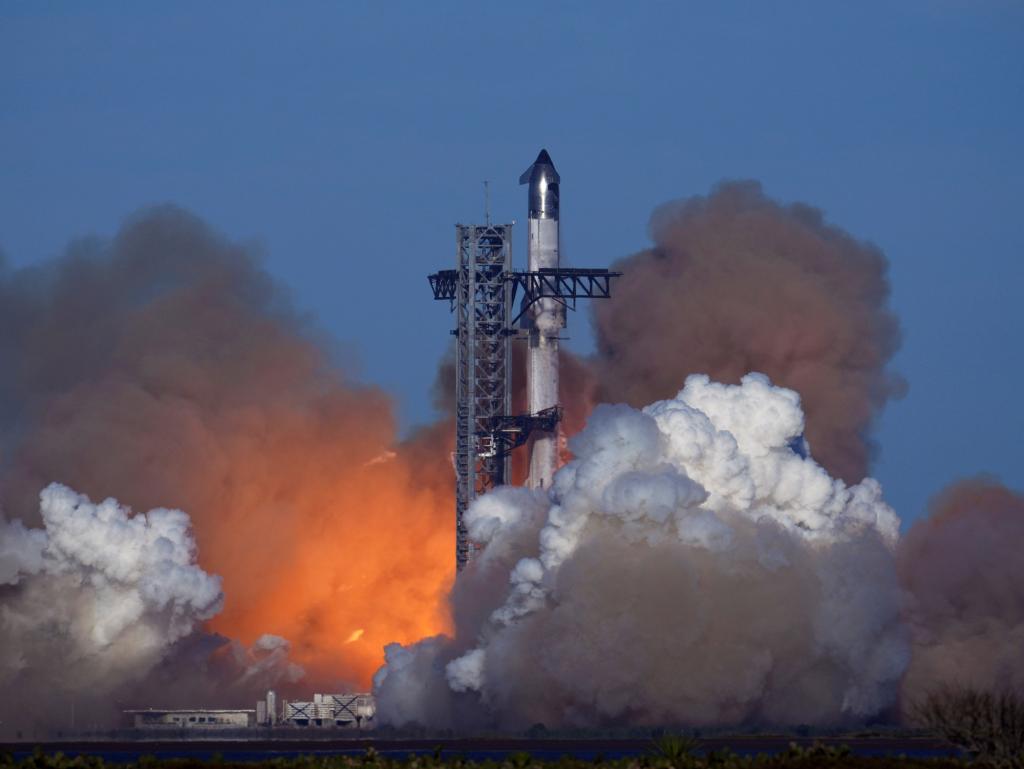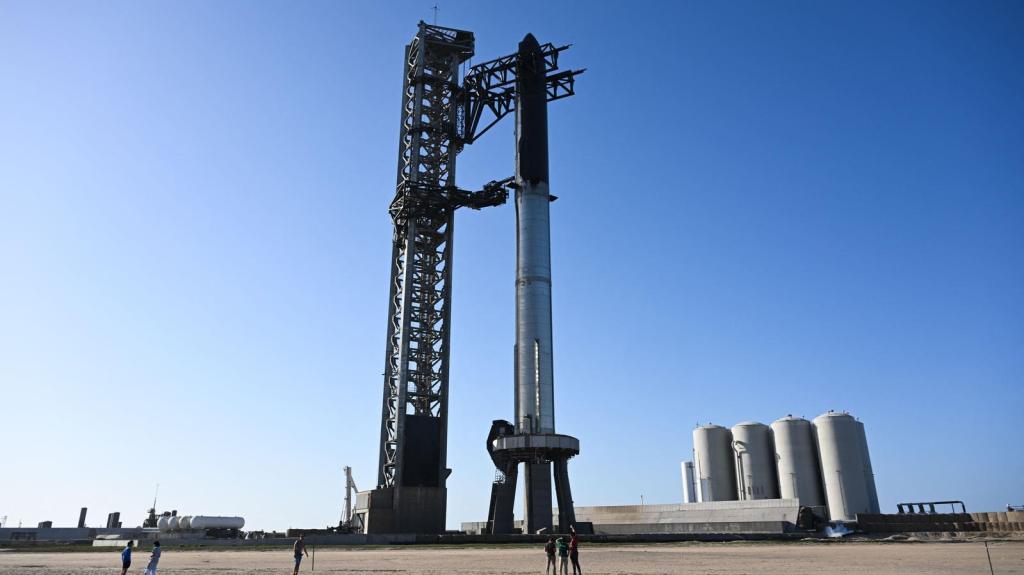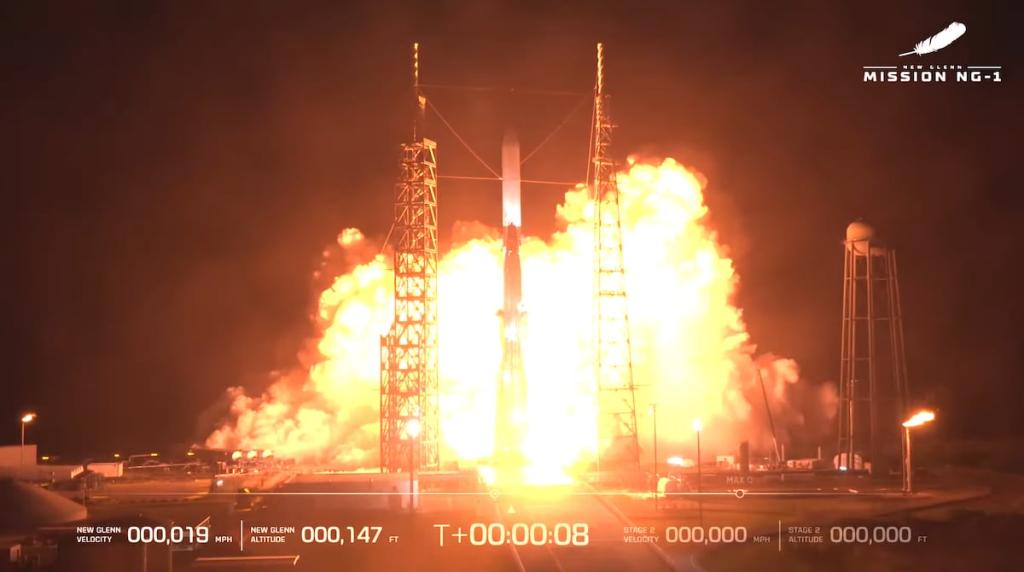Historic Polaris Dawn Mission Marks First Private Spacewalk
Discover how the Polaris Dawn mission is set to make history with the first private spacewalk, pushing the limits of human space exploration.

Key Points
- The Polaris Dawn
mission will conduct the first-ever private spacewalk, reaching an altitude of 1,400 kilometers, the highest since the Apollo missions.
- Featuring a diverse crew of trained civilians, the mission emphasizes the increasing role of private initiatives in space exploration.
- Throughout the mission, the astronauts will conduct 40 scientific experiments, contributing valuable insights for future long-duration space travel.
In a remarkable milestone for private space exploration, the first-ever private spacewalk is set to take place as part of the Polaris Dawn mission. Spearheaded by billionaire entrepreneur
and a skilled crew, this mission not only aims to advance our understanding of space but also pushes the boundaries of civilian participation in what was once considered solely the domain of professional astronauts. Launched from NASA’s
in Florida, the mission is a testament to the growing synergy between private enterprises and space exploration.

The Mission's Ambitious Goals
The Polaris Dawn mission seeks to venture farther than any human has traveled since the Apollo missions of the 1970s, aiming for an altitude of 1,400 kilometers above Earth. This ambitious journey will not only break previous records but will also include a two-hour spacewalk at approximately 700 kilometers height.
During these crucial moments, the astronauts, all of whom are private citizens with rigorous training, will test cutting-edge space suits specially developed by
. These suits are designed with advanced technology, including mobility enhancements and built-in displays for real-time data monitoring. This attempt to conduct a spacewalk, which is a high-risk operation, reflects the team’s dedication to innovating for future missions.
The Crew: Pioneers of the Private Sector
This mission is particularly historic not just because of its goals, but also due to the background of its crew. The four-member team includes Jared Isaacman, retired Air Force Colonel Scott Poteet, and SpaceX engineers Sarah Gillis and Anna Menon. This diverse group has undergone an extraordinary 2,000 hours of training, encompassing everything from flight simulations to diving exercises. Their commitment showcases how far civilian astronauts have come and serves as an inspiration for aspiring space explorers everywhere.
A New Era of Space Exploration
As SpaceX continues to lead the charge in commercial spaceflight, the Polaris Dawn mission exemplifies a key shift in how humanity interacts with space. Unlike previous missions that relied solely on government agencies, this private venture demonstrates that innovation can thrive outside traditional boundaries. Notably, this mission could set the stage for future exploration efforts, including plans to establish a human presence on the Moon and eventually Mars, as envisioned by industry leaders such as
.
Moreover, the success of this mission could pave the way for more civilian astronauts, particularly women, to participate in space activities. As noted, during the Apollo era, only men had the opportunity to embark on such journeys. With Gillis and Menon, the Polaris Dawn mission ensures that women will set new records in space exploration, heralding a new chapter of inclusivity in this cutting-edge field.
Scientific Exploration and Innovation
Throughout the mission, the crew will also conduct about 40 scientific experiments, aimed at understanding the effects of space travel on human health, and testing laser communication systems using
satellites. These experiments will provide valuable insights for future long-duration missions and help refine the technology necessary for sustained human life in space. Each experiment undertaken during this mission will contribute to essential knowledge that could benefit generations to come.
Looking Ahead
As the Polaris Dawn mission prepares for its exciting journey, the entire space community watches closely. With this pivotal step towards private space exploration, the future holds endless possibilities. The integration of advanced technology, the involvement of civilian astronauts, and the overarching goal of expanding our reach into the cosmos signify a bright and promising future for humanity's ventures into space.
The Polaris Dawn mission is not merely about breaking records; it is an embodiment of human curiosity, resilience, and the spirit of exploration that has driven us to look beyond our planet. As we witness these groundbreaking events, we are reminded of the boundless potential that lies in collaboration and innovation. Together, we're witnessing history being made, one step at a time.


